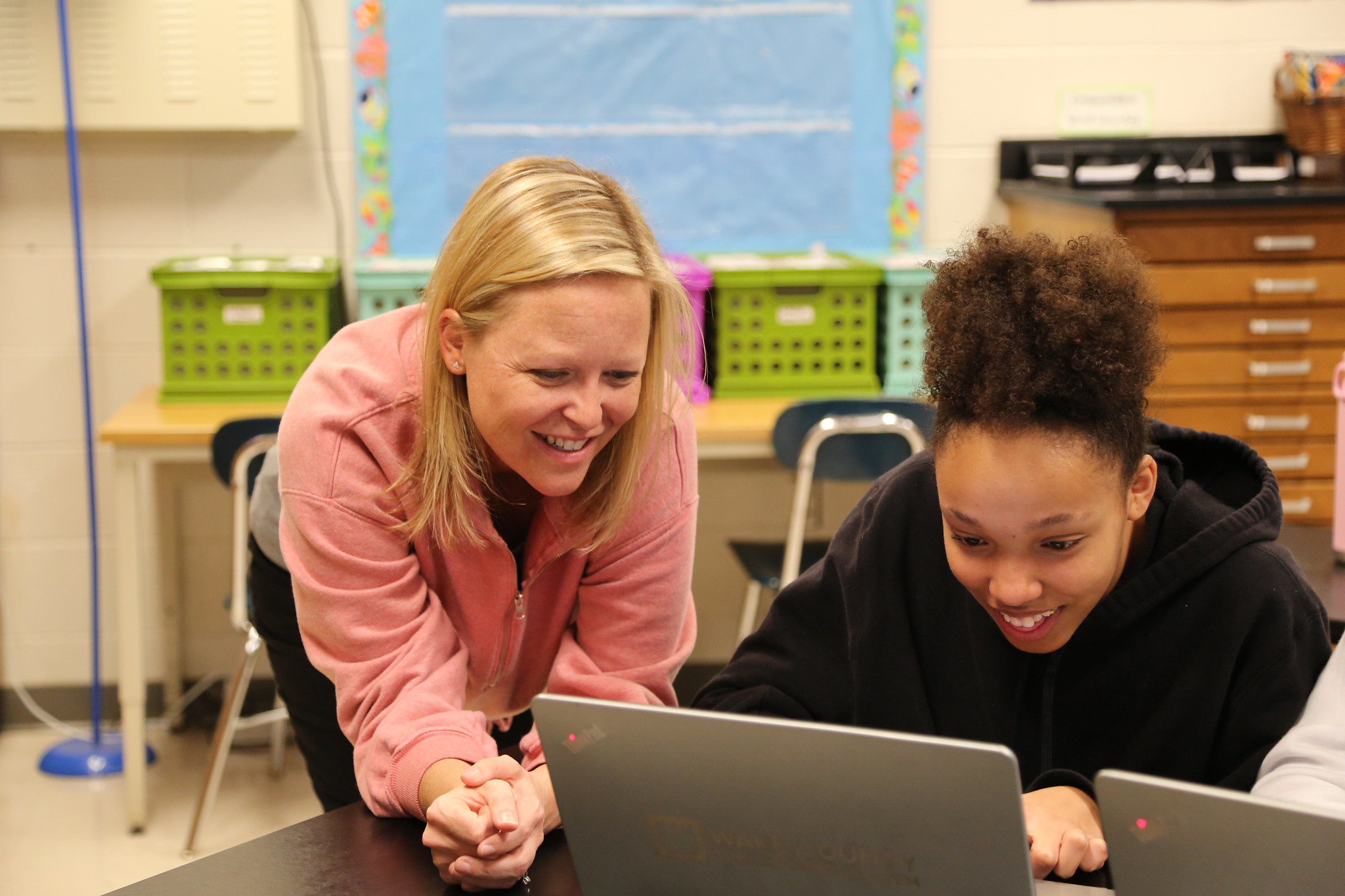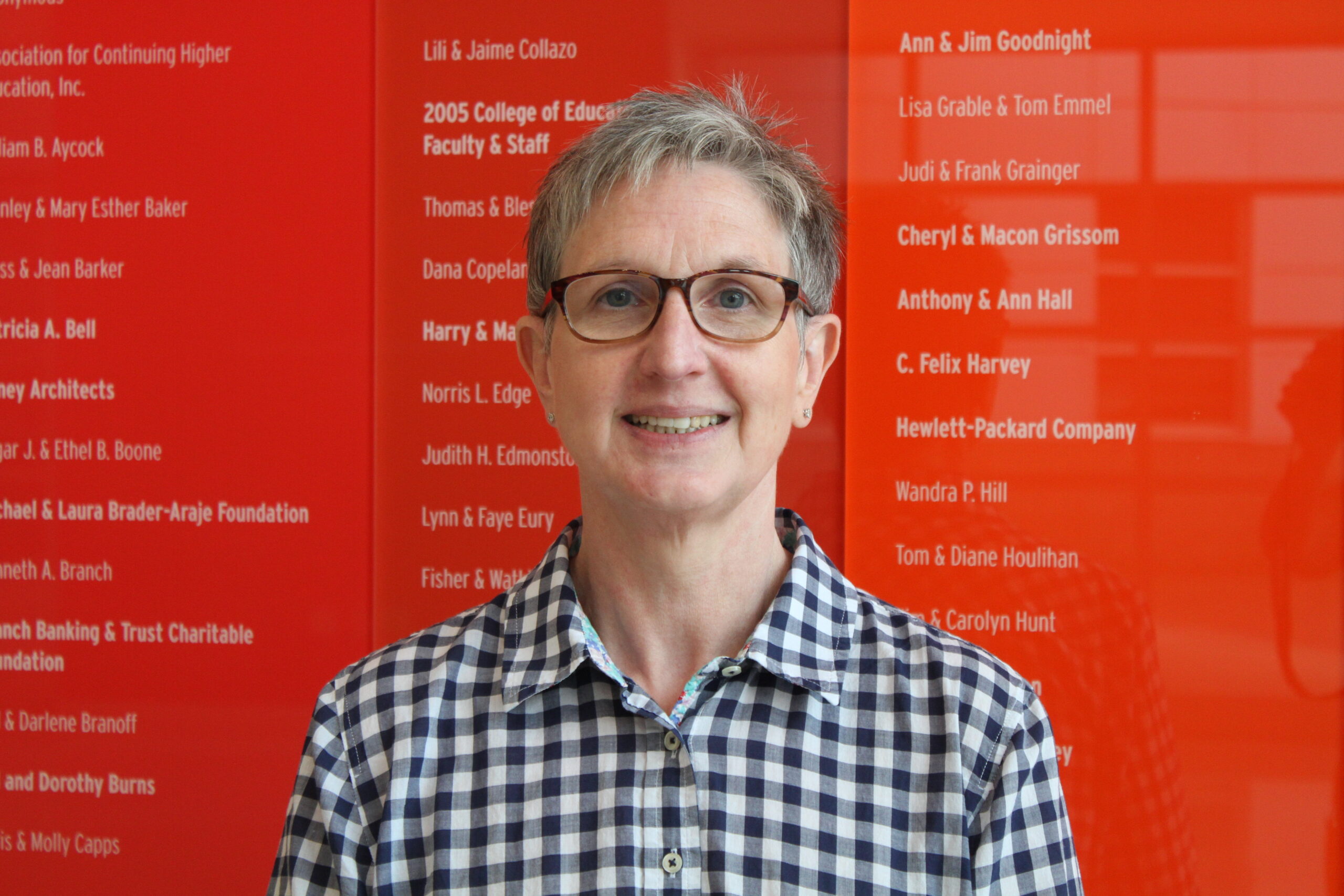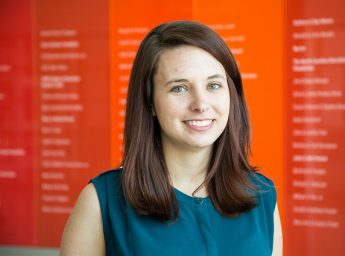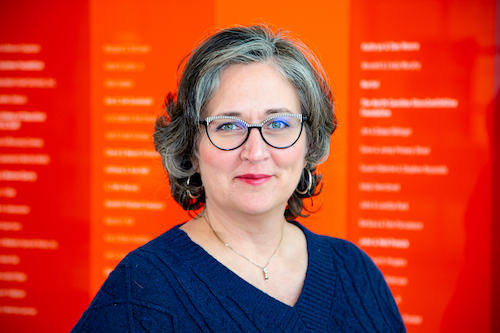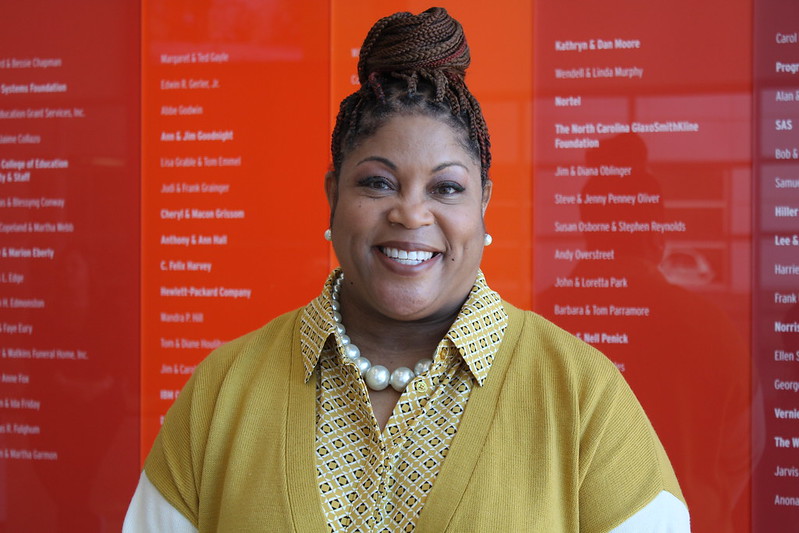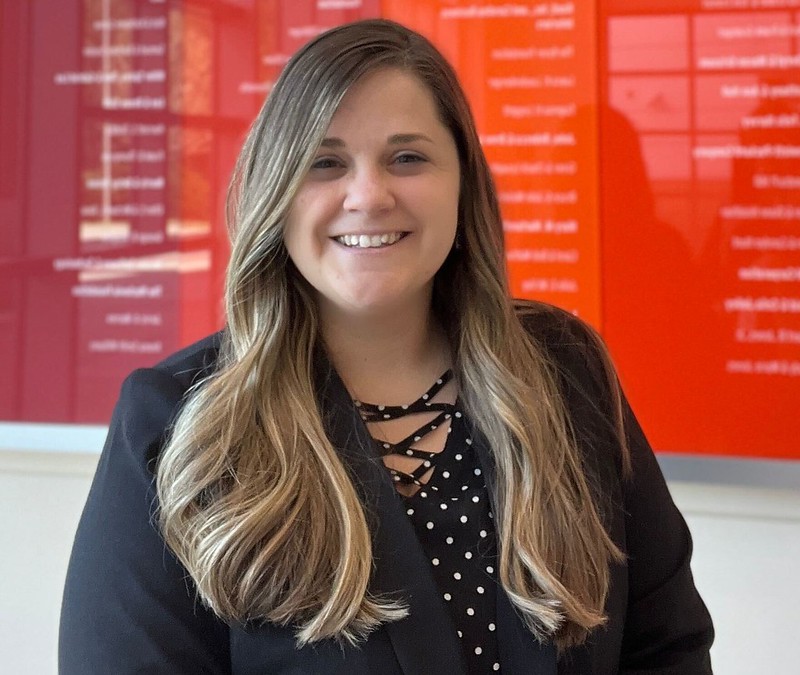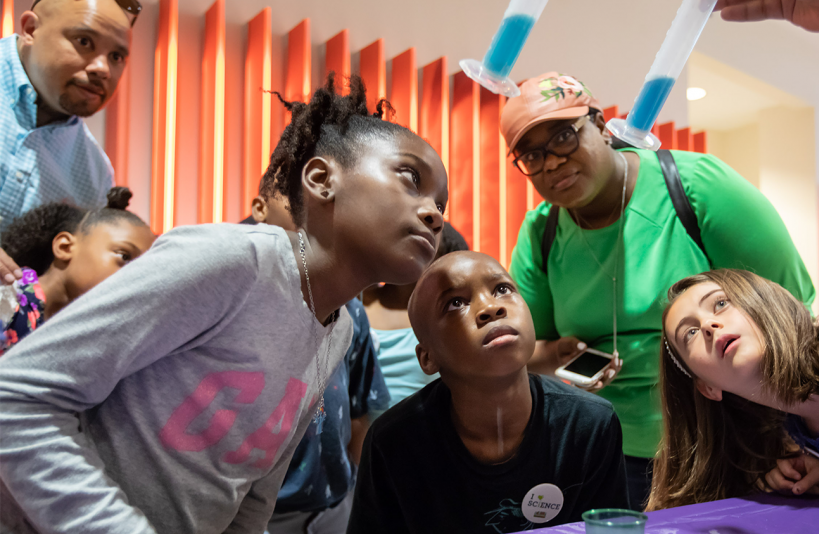
Professional Learning and Leading Collaborative
Teaching, Leading and Learning in the Age of Complexity
The Professional Learning and Leading Collaborative promotes pedagogical shifts that engage educators at all levels, providing research based, job-embedded models and approaches for strategic planning and professional development with the belief that students deserve access to equitable personalized learning experiences. The members of our dedicated team are educational leaders who have extensive experience in strategic planning, leadership support and development, data-driven decision-making, and professional development planning and design that is customized and responsive to the needs of today’s schools.
Our Impact
2,014
Educators Receiving Professional Development
(2021-2022 SY)
31,243
Online
Learners
(Since June 2023)
760
Microcredentials Awarded
(Since June 2023)
[PLLC] helped us to be able to prioritize what we would like to do moving forward to grow our grant initiatives and grow all our stakeholders – especially students.
Cohort Participant
North Carolina Digital Learning Plan
Featured Project: Virtual Schools Network
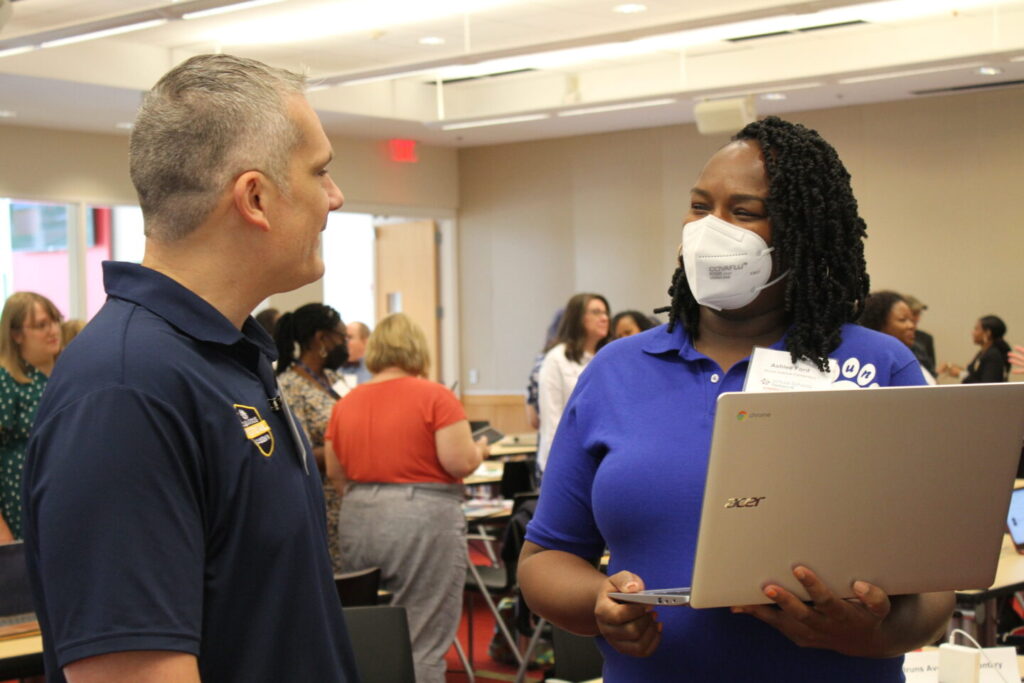
Empowering Educational Transformation: Navigating AI Integration with the PLLC
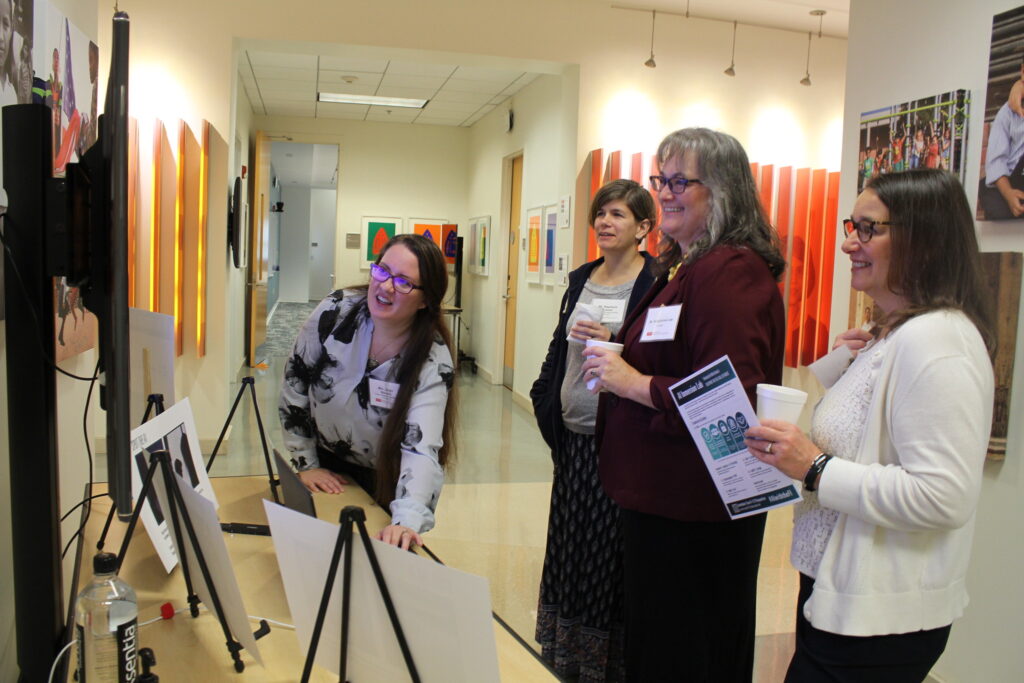
Computer Science Professional Development
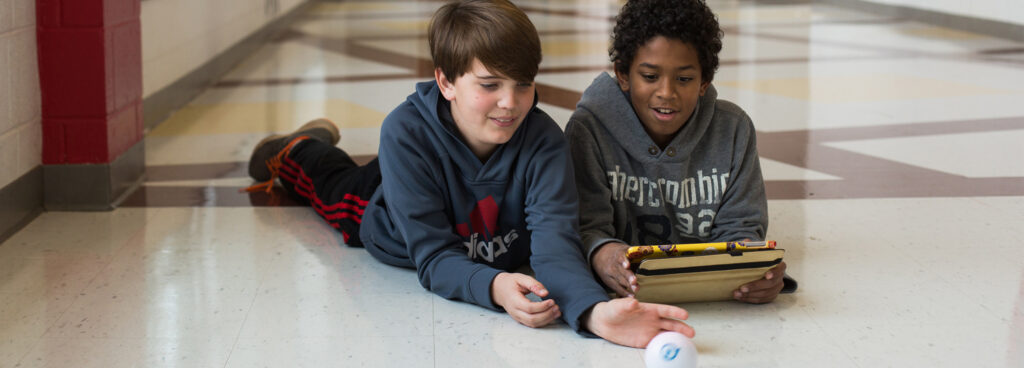
PLLC Team
Partners We Have Proudly Worked With
- Battelle
- Belk Foundation
- Code.org
- Common Sense Media
- Department of Education
- Digital Promise
- East Carolina University
- Expanding Computing Education Pathways
- FACES
- Gates Foundation
- International Society for Technology in Education (ISTE)
- National Science Foundation
- North Carolina Arts Foundation
- North Carolina Department of Public Instruction
- North Carolina State University College of Education
- North Carolina Technology in Education Society (NCTies)
- North Carolina Virtual Public School
- Oak Foundation
- Teach for America
- WestEd

